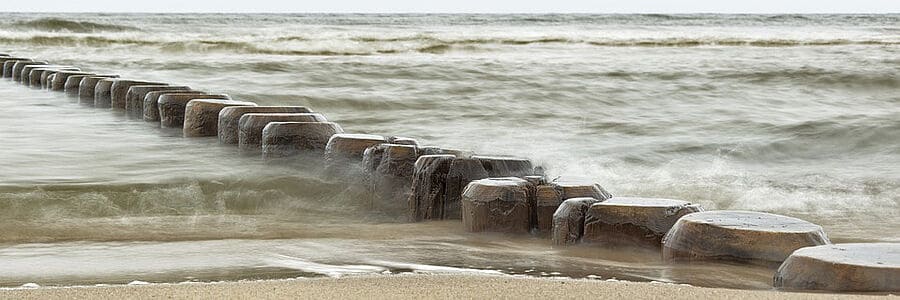Shaping a funding programme like Interreg Baltic Sea Region 2021-2027 requires a full dedication of all Joint Programming Committee (JPC) members. In another meeting held on 24-25 March 2021, the JPC members focused on the division of the expected Programme budget to the Programme priorities, steps to simplify funding procedures and planning of the calls for project applications.

The Joint Programming Committee meets for the fifth time
Delegations of eleven countries: EU members states and neighbouring partner countries from around the Baltic Sea, representatives of the European Commission and the Managing Authority/Joint Secretariat (MA/JS) met online to proceed with preparations for Interreg Baltic Sea Region 2021-2027. The Joint Programming Committee (JPC) meeting was held under the chairmanship of Andrius Valickas from the Ministry of the Interior of the Republic of Lithuania.
Planning the financial aspects
The future Programme will focus on four priorities: Innovative societies, Water-smart societies, Climate-neutral societies, and Cooperation governance. Based on indicative figures, the JPC members discussed how much funding could be allocated to each Programme priority, and what budget for technical assistance would be necessary in order to ensure a smooth management of funds.
Another topic referred to simplified procedures to verify expenditures in the future Programme. In practice, future project partners will receive payments faster, as tracing every euro will no longer be required. The administrative burden will also be reduced, and a smaller risk for ineligible costs ensured.
Preparing for application rounds
The JPC members discussed how to run calls for project proposals. The first application round is planned for end of 2021 in order to offer funding opportunities to applicants as soon as possible.
In the new Programme, the JPC members count on attracting new local and regional public authorities and a stronger involvement of public authorities in order to more efficiently bring solutions to the regions. To this end, the JPC members reflected on the possible ways forward to facilitate that process.
Next steps
The next JPC meeting is planned for the beginning of May. During that meeting, more concrete planning on the budget allocations, application rounds and further Programme management issues will be discussed.
The Programme document will soon enter national consultation and approval processes, which vary from one country to another. During the following JPC meeting in June, the Programme thematic content will be finetuned based on the comments received from the Commission and national consultations.
Once the processes on the national level are completed and the Programme countries officially approve the Programme document, it will be sent to the European Commission for endorsement. This endorsement is expected towards end of 2021 or beginning of 2022.






